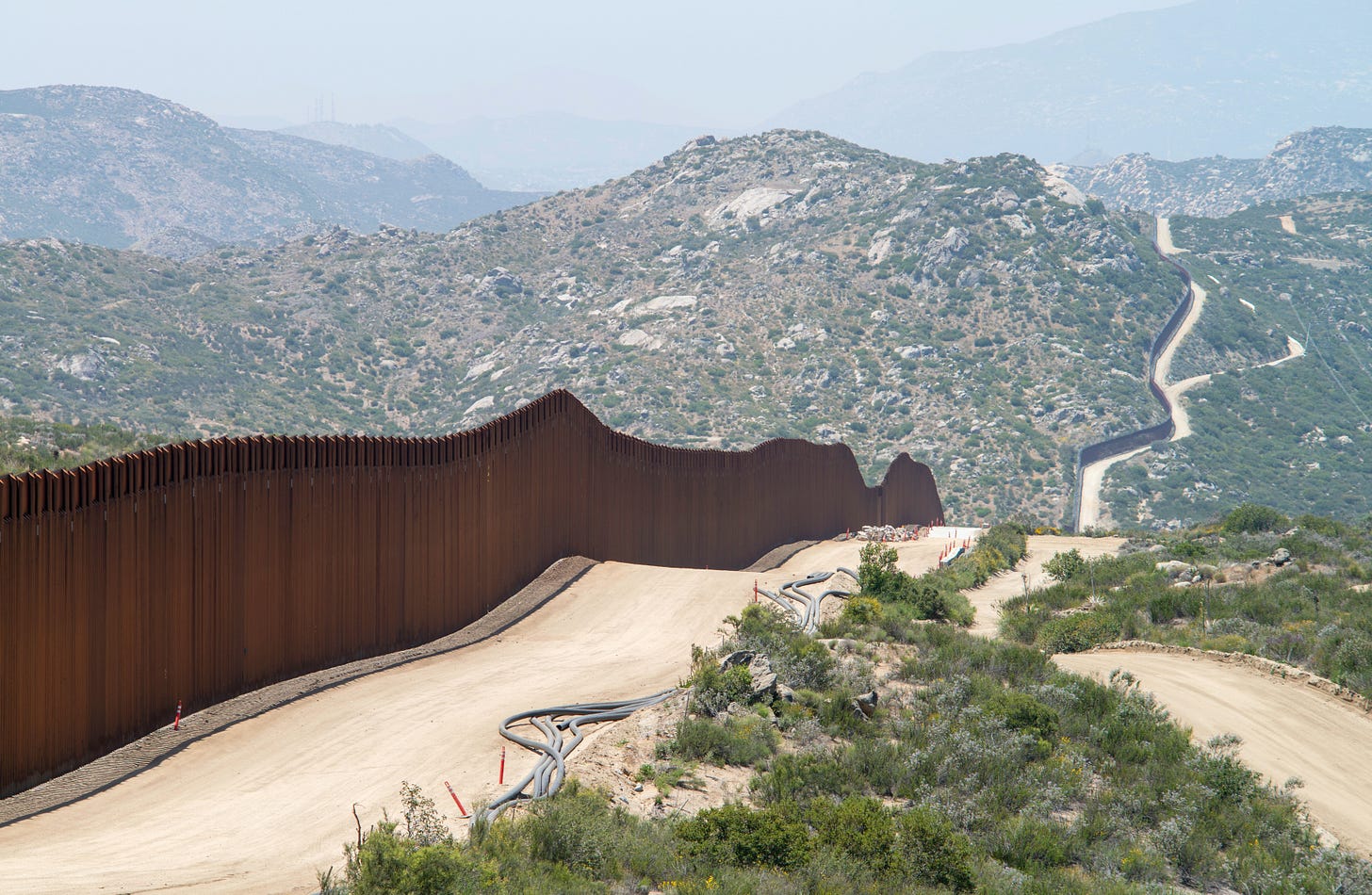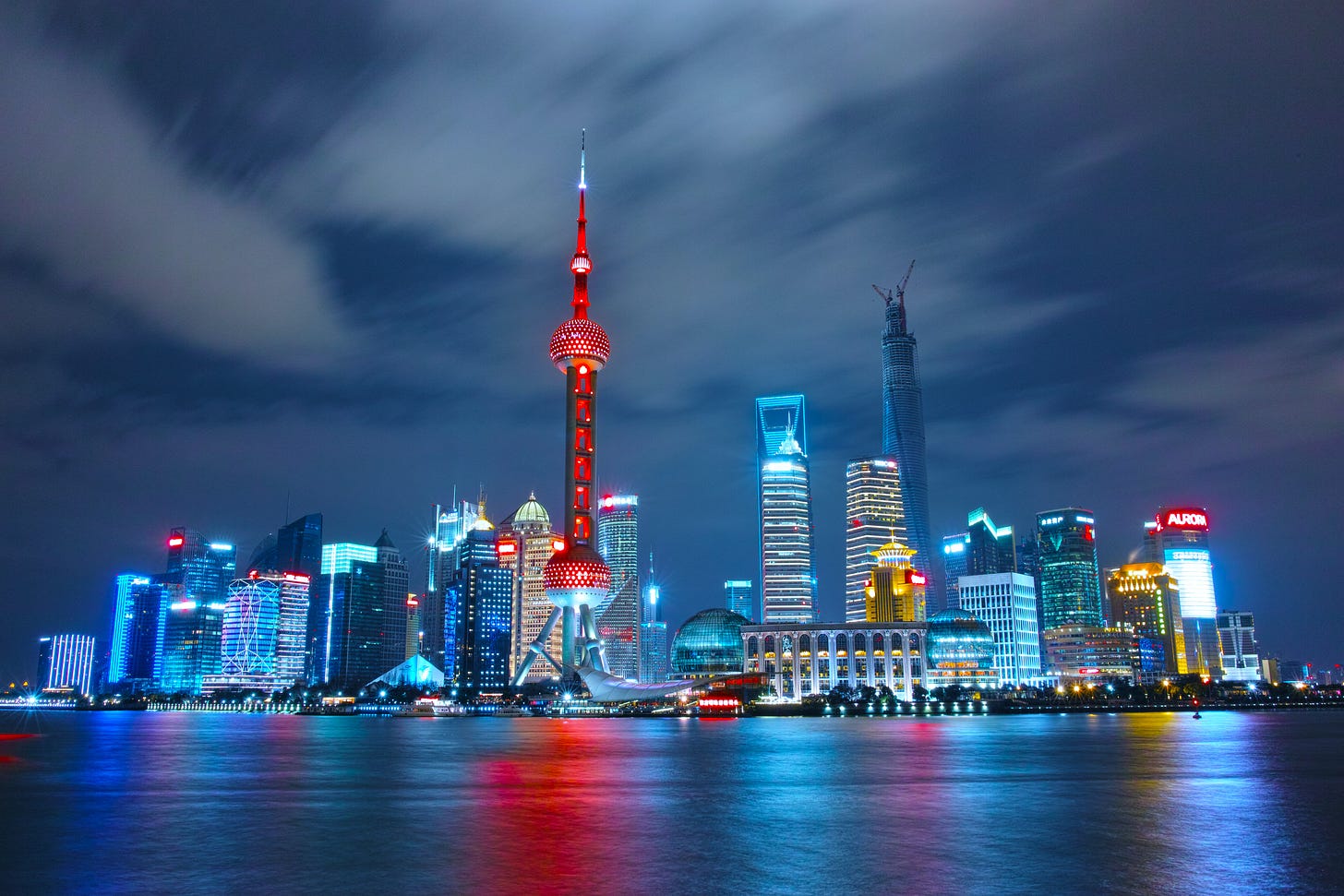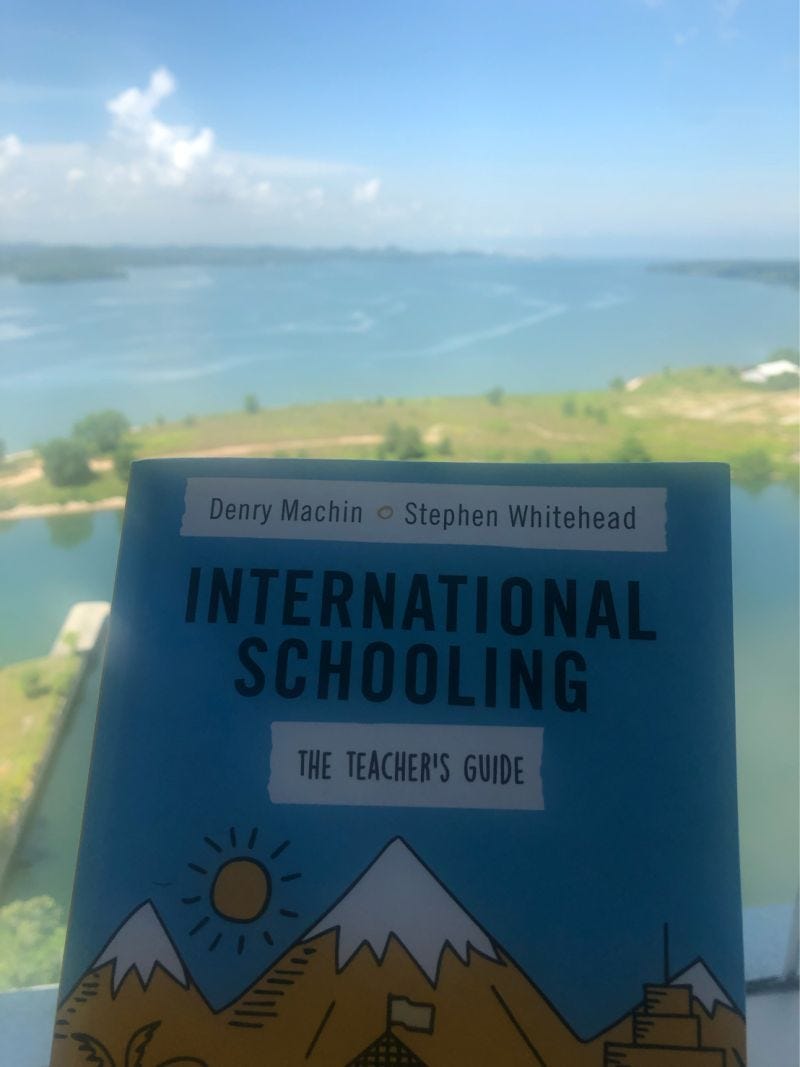If your preference is ears over eyeballs, you can now listen (via Jason Lasky) to selected EDDi articles. This is one of them. Click the play button above.
Will we look back on the early 21st century with acute nostalgia, fondly recalling that rich and wonderful, though ultimately brief flowering of globalisation? Indeed, will our descendants be completely nonplussed that we had such a flower in our grasp and then allowed it to wither to nothing?
It is entirely possible that we have seen the end of globalisation, at least as we experienced it from, say, 1990 to 2020.
Thirty years. Just one generation. And it was all over.
A great number of your students graduating this year who expect to be the beneficiaries of the age of globalisation are likely to be disappointed. Even those carrying one of the world’s ‘most powerful passports’ better also be fully vaccinated against Covid-19 and have the certificate to prove it, otherwise their travel (and career) plans will rest more on hope than actuality.
And even with these two entrees, where will they go?
I admit I was one who never saw this coming. How many times have I lectured to my students on globalisation over the past few decades? Too many to count. And one of my favourite phrases was:
“Globalisation is like the air, it’s all around us and not going anywhere”.
This was my standard retort to those who doubted the reality of globalisation, or who complained about some aspect of it.
In other words, you may not like globalisation but it is driven by an unshakeable impulse deep within the human psyche – communication, discovery, travel, exploration, seeking out a better life.
And that is the problem, too many of us now are seeking out a better life, because the one we are faced with is just to miserable, dangerous, awful to contemplate.
The number of people internally displaced by intense storms and flooding last year was the highest on record – 55 million. More than twice as many people displaced within their own country due to climate change as forced out of their country through war and violence.
This is not globalisation, this is desperation.
The first person to name this the ‘migration age’ was UN Secretary General, Ban Ki-Moon, in 2007. At the time, there were estimated to be ‘approximately 200 million people, 3% of the world’s population, involved in migration, mostly from undeveloped to developed countries’.[1] Back then, the top three annual diasporas were Mexicans to the USA (11.5 million); Indians to the UAE (10 million); and Chinese to the USA (7 million).
Covid put a stop to all that, plus the US Republican Party, Donald Trump, the new cold war between the US and China, and, of course, walls.
Tim Marshall reckons we are actually living in the ‘age of walls’:
“The title of Thomas Friedman’s 2005 book The World is Flat was based on the belief that globalization would inevitably bring us closer together. It has done that, but it has also inspired us to build barriers…Such divisions [of identity] do not come down to competition for resources, rather to a claim that what you think is the only truth, and those with differing views are lesser people. With such certainty of superiority, the walls quickly go up. If you introduce competition for resources, they go up higher. We seem to be in that place now.”(p. 4-5)
As Marshall is recognising, these walls we build are not just physical, they are mental. And who would disagree that the mental walls within which we tend to retreat when faced with risk and the unfamiliar, are more potent barriers to globalisation than the concrete and wire walls now going up around the borders of nation states?
But whether physical or mental, none of these barriers are slowing down the desire of people to migrant to somewhere safer, more prosperous, healthier. Thomas Nail claims:
“There are now ‘more than a billion regional and international migrants, and the number continues to rise: within 40 years, it might double due to climate change…the 21st century will be the century of the migrant.’
However, Nail also goes on to show how the world is ‘becoming more bordered… with countries increasingly ‘preoccupied with controlling social motion through borders.”
What we have now and which is coming your way is not benign migration, driven by open doors, prosperity, education, the rising global middle class and the latest Boeing jet. The migration described by Nail and Marshall is driven by fear, poverty and desperation. Many of these billion migrants are more likely to be seen huddled down by rain-drenched Calais port or sweltering in an impoverished camp on the Turkey/Syrian border, not patiently queuing up at the ticket counters of Heathrow Airport.
Part of me still wants to believe in the age of globalisation, not least because I and my family have been beneficiaries of it.
And we still are.
Moreover, as an international educationalist the whole concept of globalisation comfortably maps onto my liberal mindset, my desire for social justice and opportunity, especially for young people. I like to think of myself as a global citizen and I want others also to be able to say that about themselves.
But am I now believing in a chimera, are my imagination and hope trying to hold back the determined reality which now confronts not just me and my family, but all of us?
The signposts do not point to more globalisation, only less. They are marking out a route which is taking humanity back into its mental caves of fear and loathing, its physically walled-up enclaves of privilege, its Us against Them.
I don’t blame covid-19 for this situation, but it has certainly exacerbated it. Brexit, Trump, the whole dilemma facing America and Western democracy, provides evidence that globalisation has run its course.
And that is before I listen to David Attenborough tell world leaders that ‘the fate of the world is in their hands’ and that the ‘collapse of civilisation and the natural world is on the horizon’. That particular speech was delivered in December 2018. What has happened since to suggest our leaders have been listening? All that has happened since merely proves Attenborough’s predictions are correct.
I know, it’s just too much to take on board. Our brains cannot cope with the immensity of the challenge, the awfulness of it all.
We listen only when we ourselves are directly affected.
Well, here is a prediction that I believe will directly affect you, as an international school educator, an international migrant, a global citizen.
Jobs for Western international educators will be drying up – you won’t be able to get them. The global mental and physical barriers are already going up – against you.
Not only are you too expensive to employ in a time of acute global financial entrenchment if not collapse, countries won’t be allowing you in.
That’s a big prediction especially given the growth in international schooling over the past decade, but the writing is on the wall.
When I talk to owners and leaders of international schools around the world one message I am hearing more and more, and that is:
‘we are cutting back on the number of Western teachers we are employing.’
For better or worse, richer or poorer, international schools are localising.
And this trend is not just within individual schools, it is going to become government policy in many parts of the world. In May of this year, Saudi Arabian government declared that it was to Saudize all education jobs at national and international schools over the next three years.’
That decision immediately opens up 28,000 new jobs for Saudi nationals. But it leaves few if any jobs for foreigners, even in international schools.
It remains to be seen if this is a blip or a trend, but if it’s the latter then it fits perfectly with the hypothesis presented by Tim Marshall and Thomas Nail – the erection of barriers and the closing down of the globalisation impulse.
The big eye has to be of course on China, because that country is in effect the engine now of both globalisation and international schooling. And the signs are not good because it is fast becoming apparent to anyone who watches China that the Chinese government is definitely tightening its grip on international schools not only over curriculum but also over staffing of Western teachers.
The end of the age of globalisation won’t come about with a big bang, it will come about as we are now seeing and experiencing it – mental walls going up, physical barriers being erected, tighter visa and entry restrictions, people and governments pushing for localisation, not globalisation.
We can expect the first signs of this to be felt in international education, and they are being. International schooling/education has been one of the biggest beneficiaries of globalisation, so we can assume it will be hit hardest.
All this will be exacerbated many times over once the full impact of climate change is felt, because then the battle for basic resources (food, water, shelter) will transform globalisation from being a vehicle for educated professionals to seek out the good life, to becoming a vehicle for waves of disenfranchised and disregarded humanity desperate to survive.
To be sure, the 21st century will be the age of the migrant, but it will also be the age of walls and those walls will be going up around your school and around you.
references
Whitehead, SM. Talahite, A. and Moodley. R. (2014) ‘Gender and Identity’. Oxford. Oxford University Press. (P. 267)
Nail, T. (2016) We are entering a new epoch: the century of the migrant
Marshall, T. (2018) The Age of Walls: How Barriers Between Nations Are Changing Our World (Politics of Place), Scribner Book Company
Audio By: Jason Lasky (Armenia)
Jason Lasky is a published playwright, lauded theatre director, and 14-year international teaching veteran who holds an MEd in IB Education and an MFA in Writing for Stage and Screen. He is the co-Artistic Director of J.Lasky Productions, a grant-winning international theatre company, and the founder of J.Lasky Voices, his voiceover production studio.
He currently resides in Dilijan, Armenia with his family.
Jason can be contacted on Twitter, LinkedIn or via his website. A sample of his voice work is here. He’s also in full technicolour on Instagram here.
INTERESTED IN INTERNATIONAL EDUCATION?
The Teacher’s Guide is getting around!
Seen here in Malaysia and shared by a happy reader and her new view (and what a view it is). Grab a copy to take on your own adventure or listen to a short sample here (4 mins).















